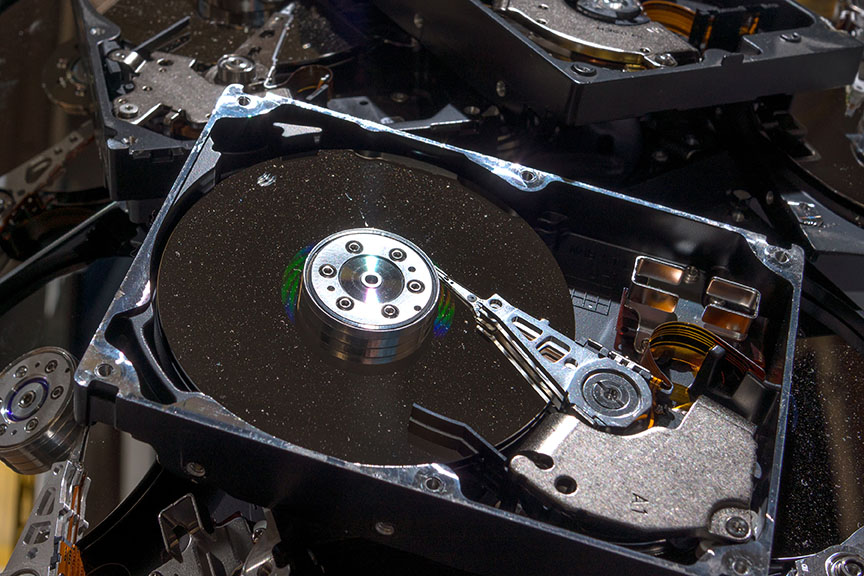 An e-scrap processor is installing a robotic sorting cell to take apart hard drives and recover each component of the device.
An e-scrap processor is installing a robotic sorting cell to take apart hard drives and recover each component of the device.

 Colin Staub was a reporter and associate editor at Resource Recycling until August 2025.
Colin Staub was a reporter and associate editor at Resource Recycling until August 2025. An e-scrap processor is installing a robotic sorting cell to take apart hard drives and recover each component of the device.
An e-scrap processor is installing a robotic sorting cell to take apart hard drives and recover each component of the device.
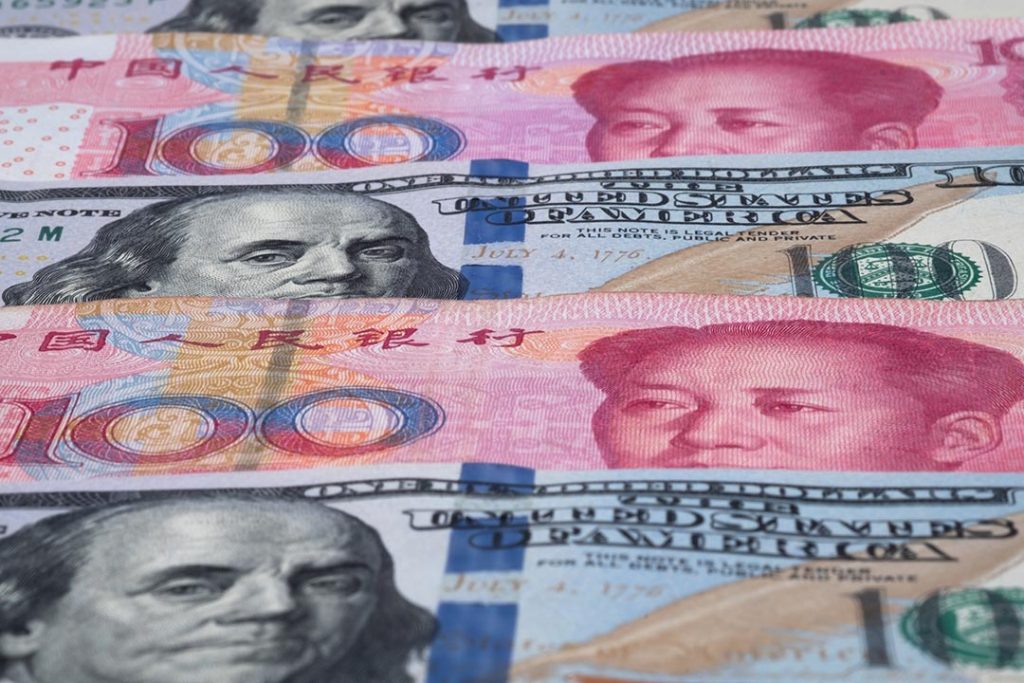 The U.S. recycling industry, including the e-scrap recycling sector, is expected to feel the economic repercussions of the escalating U.S.-China trade war.
The U.S. recycling industry, including the e-scrap recycling sector, is expected to feel the economic repercussions of the escalating U.S.-China trade war.
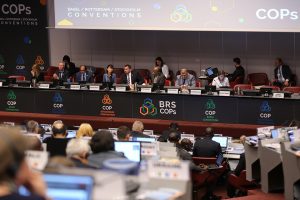 Final adoption of key international guidelines for e-scrap exports was once again punted as debate drags on over the definition of “repairable” devices.
Final adoption of key international guidelines for e-scrap exports was once again punted as debate drags on over the definition of “repairable” devices.
 A plastics compounder has introduced a line of engineering-grade pellets, including some plastic types used in electronic devices, that contain up to 50% recycled content.
A plastics compounder has introduced a line of engineering-grade pellets, including some plastic types used in electronic devices, that contain up to 50% recycled content.
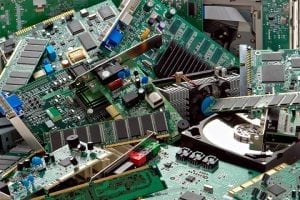 Canadian e-scrap processor Greentec released its first sustainability report this week. It provides key operational data points while also touching on CRTs and other industry trends.
Canadian e-scrap processor Greentec released its first sustainability report this week. It provides key operational data points while also touching on CRTs and other industry trends.

Brian Riise on stage at the 2019 Plastics Recycling Conference and Trade Show.
An expert recently explained why North American e-plastics processing could be a component of a wider effort to reduce energy use in U.S. manufacturing. And he outlined steps for progress.
 Florida-based Early Upgrade recently moved into a much larger warehouse and is buying a wider array of end-of-life devices.
Florida-based Early Upgrade recently moved into a much larger warehouse and is buying a wider array of end-of-life devices.
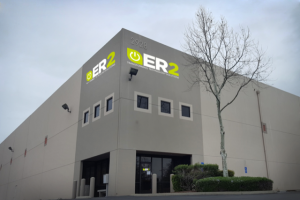
An Arizona-headquartered processor is expanding into California with an ITAD facility serving the northern part of the state.
 The owners of e-scrap processor Total Reclaim have been sentenced to 28 months in prison after pleading guilty to federal charges related to their export of LCD devices to Hong Kong.
The owners of e-scrap processor Total Reclaim have been sentenced to 28 months in prison after pleading guilty to federal charges related to their export of LCD devices to Hong Kong.

Apple will open a research lab studying new electronics recycling processes, one of several e-scrap-related announcements the company recently made.
